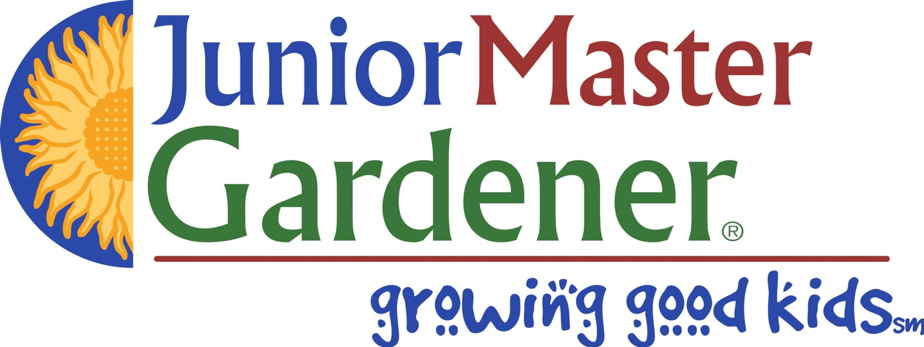Home Insteading With Cooperative Extension (Week 30)
go.ncsu.edu/readext?742873
en Español / em Português
El inglés es el idioma de control de esta página. En la medida en que haya algún conflicto entre la traducción al inglés y la traducción, el inglés prevalece.
Al hacer clic en el enlace de traducción se activa un servicio de traducción gratuito para convertir la página al español. Al igual que con cualquier traducción por Internet, la conversión no es sensible al contexto y puede que no traduzca el texto en su significado original. NC State Extension no garantiza la exactitud del texto traducido. Por favor, tenga en cuenta que algunas aplicaciones y/o servicios pueden no funcionar como se espera cuando se traducen.
Português
Inglês é o idioma de controle desta página. Na medida que haja algum conflito entre o texto original em Inglês e a tradução, o Inglês prevalece.
Ao clicar no link de tradução, um serviço gratuito de tradução será ativado para converter a página para o Português. Como em qualquer tradução pela internet, a conversão não é sensivel ao contexto e pode não ocorrer a tradução para o significado orginal. O serviço de Extensão da Carolina do Norte (NC State Extension) não garante a exatidão do texto traduzido. Por favor, observe que algumas funções ou serviços podem não funcionar como esperado após a tradução.
English
English is the controlling language of this page. To the extent there is any conflict between the English text and the translation, English controls.
Clicking on the translation link activates a free translation service to convert the page to Spanish. As with any Internet translation, the conversion is not context-sensitive and may not translate the text to its original meaning. NC State Extension does not guarantee the accuracy of the translated text. Please note that some applications and/or services may not function as expected when translated.
Collapse ▲Family and Consumer Sciences At Home
Mary Morris, Family and Consumer Sciences Agent
Great Mama’s Stewed Rock
If you were wondering why all the boats are around the bridge right now, Rockfish (Striped Bass) are now in season in our area.
Striped bass, or “rockfish” as they are sometimes called in North and South Carolina, also have the following common names: striper, linesider, squid hound, and greenhead. They are easily recognizable by the 7 to 8 prominent black stripes that run along the scale rows on each side of their silvery-white bodies. They live in salt water and then migrate to spawn in freshwater rivers.
Local caught fish is a great resource for our area – it’s delicious and healthy, however, it is important to know about health and safety concerns of fresh-caught fish. The main food safety issue in fish from our local waters is mercury. If you are not aware you could miss if there is an advisory. However, it’s not something that should keep you from eating fresh-caught fish except for pregnant women.
Why do fish have mercury?
Methylmercury enters the environment and is consumed by small fish, who are consumed by larger fish, who are consumed by even larger fish. This is called bio-accumulation and results in larger fish having larger amounts of mercury. Read below fish from our area that are high in mercury. At this time Striped Bass are not on that list.
North Carolina List of Fish High in Mercury – What Fish Are Safe To Eat?
 Great Mama’s Stewed Rock Recipe (Submitted by Denise Bunch– mother in law used to fix this incredible recipe.)
Great Mama’s Stewed Rock Recipe (Submitted by Denise Bunch– mother in law used to fix this incredible recipe.)
Directions: In a large cast-iron skillet, chip a piece of side meat and let it fry until crisp. Push side meat to edge of skillet. In a bowl, mix white cornmeal, water, finely chopped green onions (tops and bottoms), and a little salt to make dumplings. The side meat will make enough grease to fry the dumplings. Fry for a few minutes on each side for them to set. Boil a kettle of water to have on hand. Lay pieces of rockfish on top and around dumplings. Salt and pepper to taste. Add a few more chopped green onions on top of fish. Pour enough boiling water in skillet to almost cover fish. Cover with lid and reduce heat to medium. Let simmer until fish is tender.
Horticulture at Home
Katy Shook, Area Horticulture Agent
Growing a Love of Gardening
Who introduced you to gardening? A love of gardening is often planted at a young age. Do you know a youth who might be interested in developing their green thumb? Introduce them to the world of gardening through the Junior Master Gardener program. The Junior Master Gardener program is an international youth gardening program hosted through the research-based Cooperative Extension network. JMG engages children in hands-on learning experiences that provide a love of gardening, develop an appreciation for the environment, and cultivate the mind.
Free, digital resources are available through the website. While most of the resources are directed towards educators, youth and their families will enjoy the KidsZone, Store, and Curriculum Content. Find lessons for how to measure the height of a tree using a pencil, how to make a lizard lair for your garden, and how to create educational botanical art at school or home. Looking for a gift idea? Check out the book awards. These books are selected as engaging and inspiring for youth. The 2020 Winners are: We Are The Gardeners, by Joanna Gaines; The Thing About Bees, by Shabazz Larkin; Right This Very Minute, by Lisl H. Detlefsen; and Badgers Perfect Garden, by Marcia Diane Arnold.
The benefits of gardening extend beyond cultivation and for youth, may include better relationships, self-esteem, and diet. Junior Master Gardener is committed to growing good kids by igniting a passion for learning, success, and service through a unique gardening education. For more information, visit the website or call (252) 482-6585.




